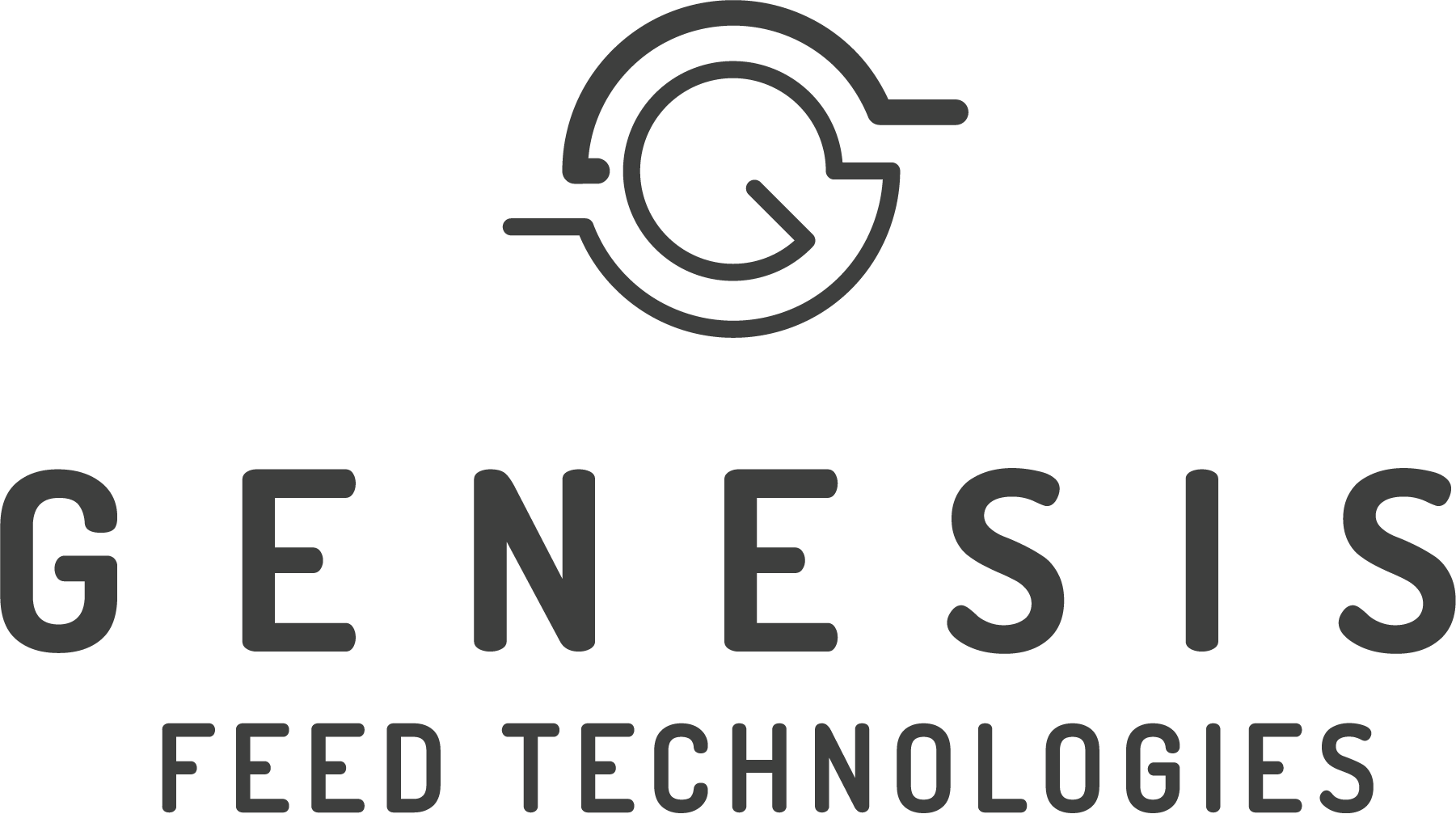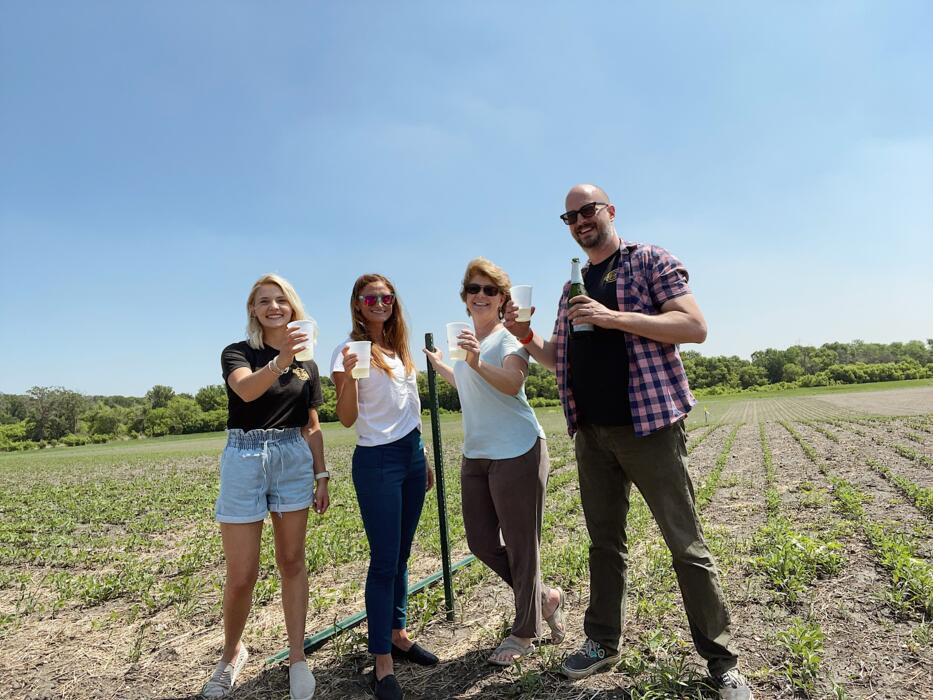
Peter Schott, a boy from a farm in North Dakota with a passion for building new things, had a big idea that is changing the landscape of agriculture technology. Today, he is the CEO and co-founder of Genesis Feed Technologies, an agriculture technology startup based in Fargo, North Dakota.
Schott’s idea formed an innovation program called Seed to Feed that is creating a traceability revolution in North Dakota and worldwide.
I grew up on a farm, and the goal is for our work to give value back to farmers like my dad and brother.
– Peter Schott
The Seed to Feed project started with the intent to connect the soybean supply chain to promote traceability and increase profitability for farmers. Today, the program continues to be an industry leader in agriculture technology, accountability, and sustainability.
What is Seed to Feed?
“The Seed to Feed project was created as an educational experience demonstrating how the supply chain works,” explains Peter Schott in an article with Future Farmer magazine.
Seed to Feed initiates partnerships with other agriculture technology startups and companies in North Dakota to bring awareness to the soybean supply chain. The goal is to create a real-life supply chain to expose current challenges, provide a platform for innovative solutions, and improve industry education. Read more on the Seed to Feed website.

The Future Farmer article continues by saying that “Flaws in the supply chain were made abundantly clear during the COVID-19 pandemic. Logistical constraints and lack of communication resulted in farmers dumping unsellable milk—up to 3.7 million gallons a day according to Dairy Farmers of America—plowing vegetables, and burying perishable produce. At the same time, food shops ran out of stock and were forced to raise prices for expensive perishables such as eggs.”
Schott had a vision for the agriculture industry. He wanted to know what happened to a soybean seed from the time it was planted to the time it ended up in the final feed product, so he traced the life of a soybean from the seed to the final product. Through this process and by incorporating technology, agriculture partners, and an innovative strategy to bring traceability to the world, Schott’s vision is growing to show farmers the real traceability process and how to bring the benefit back to farmers everywhere.
How can Seed to Feed benefit the farmer?
By tracing the life of a soybean, the farmer is able to get better value for their crop, as outlined by the Future Farmer magazine:
Here in North Dakota, soy is part of our agricultural DNA. We are one of the top ten states for soybean production. However, few have traced the journey of soybean from seed to feed in its entirety.
Future Farmer Magezine
“Being able to provide samples and independent lab analysis gives buyers more confidence in purchasing your grain at higher prices,” Jackson said. “When you consider that different grades and specific characteristics can change final prices by up to 20 percent or more, knowing exactly what’s in bins is crucial for maximum profit.”
At Genesis Feed Technologies, our passion for soybeans applies to more than just the crop: it means we support the farmers, bring innovation to the community, and create a place for conversation around crop value and sustainability.
Join Seed to Feed on the mission to traceability through agriculture, and follow along with the partners as they work together to innovate change.
Learn more about the tech startup Genesis Feed Technologies here.
Make your email inbox more interesting! Get company updates and industry insights in our newsletter.



